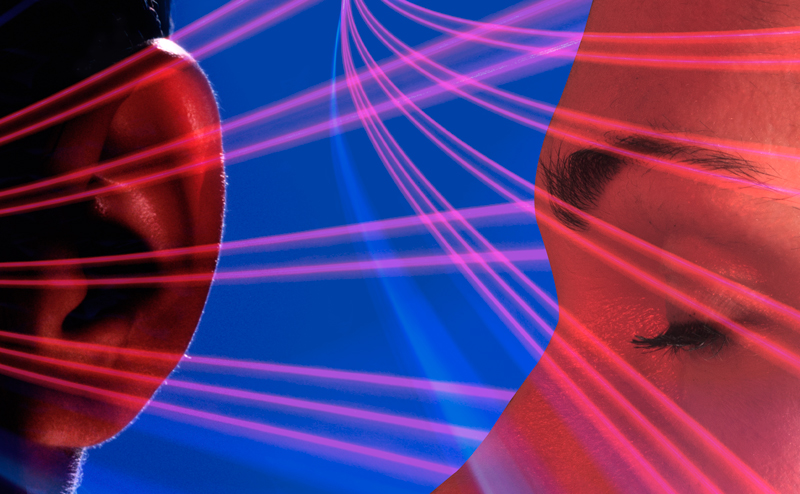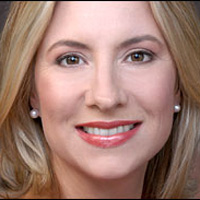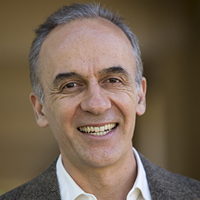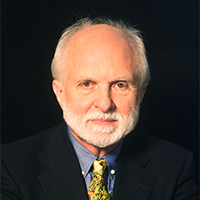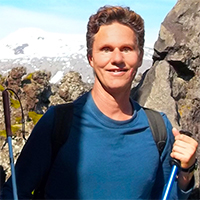Actor Marlee Matlin joins groundbreaking researchers in deafness and for a wide-ranging discussion of cutting-edge research and how it will affect lives. Recent breakthroughs in vision and hearing mean many forms of blindness and deafness may soon be reversible. This will not be greeted with universal acclaim. Deafness is not just a disability; it is a culture with its own language and history. For many in that community ‘cure’ equates to cultural genocide. With blindness, the issues are different, but just as difficult. Will a brain that learned to navigate without sight suddenly be able to make sense of visual signals? Join a vibrant discussion of cutting-edge technology and the lives it will impact.
Presented in collaboration with the New-York Historical Society.
The Big Ideas Series is supported in part by the John Templeton Foundation.







